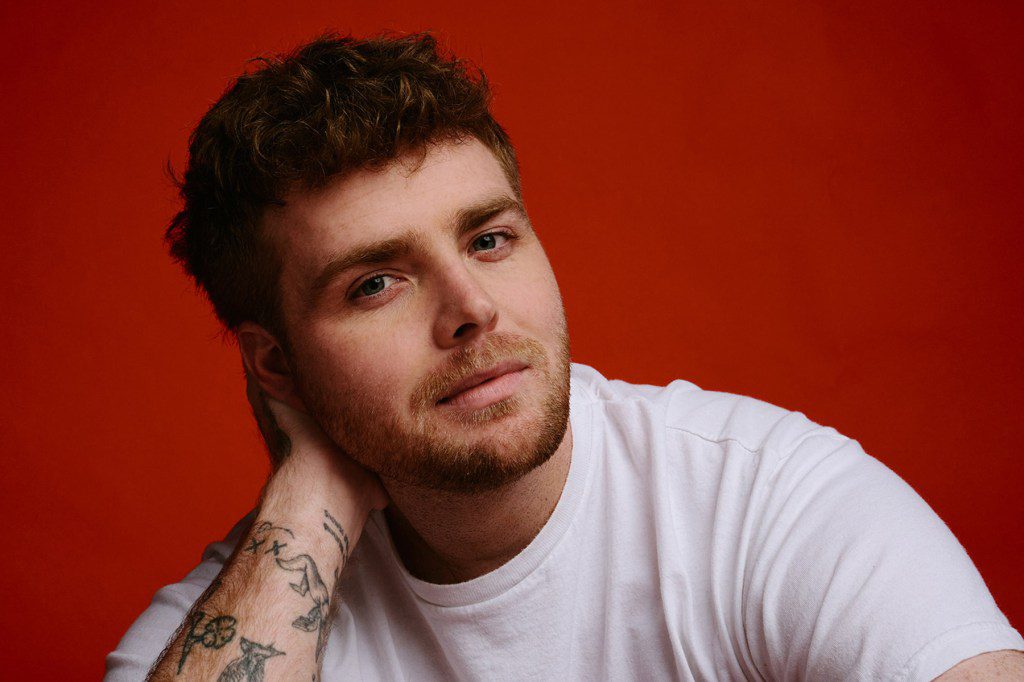UK festivals talk social distancing, cancellations and what the future may hold | NME
A number of UK festival organisers have cast doubt over the prospect of running mass gatherings with social distancing measures in place – as well the chances of any festivals being possible before 2021.
Following six weeks of lockdown caused by the ongoing coronavirus pandemic, it is believed said that social restrictions could be kept in place in the UK for the rest of the year –with Chief Medical Adviser to the UK Government Professor Chris Whitty saying that it was “wholly unrealistic” to expect life to return to normal soon. With the UK reaching the highest COVID-19 death toll in Europe this week, the government is set to reveal their plans for how restrictions may alter in the days ahead.
A large number of the summer’s gigs and festivals have been cancelled or postponed,with a number of European countries have banning mass gatherings until early September. However, Spain recently revealed plans to phase in live events from this month and officials in Ireland said that larger gatherings could return there from August – providing they were “in accordance with both indoor and outdoor number restrictions and where social distancing can be complied with”.
Isle Of Wight Festival boss and music agent John Giddings told NME said that his decision to cancel their event was “tragic but a no-brainer” when the gravity of situation emerged. Now, he sees little hope for the rest of the 2020 festival calendar – raising the question, “Will artists, crews and customers even be able to travel?”
“We were talking about having groups of people congregating in the middle of May to sort out the festival for June,” he told NME. “It was fairly obvious at that point that there was going to be no let up. There just aren’t going to be any festivals this summer at all, are there?”
He continued: “You might release people out of lockdown, but do they want to congregate with a load of other people before a vaccine? And do they have any money to buy a ticket? A lot of people are out of work and would rather buy food. It’s a frightening scenario.”

Asked if he thought that festivals might be possible with social distancing in place, Giddings replied: “No, I think it’s ludicrous. Once you give someone a couple of drinks, they’ll start having the best time with all these people. With social distancing you can only fit 15 people on a double decker bus, how is that economically viable? It’s the same for festivals.
“We pay a million pounds in policing and security for the Isle Of Wight Festival already. How would it be possible to enforce people standing two metres apart? I just can’t see it.”
For the sake of other festivals, Giddings called for more “proper direction” from the government on how future restrictions may impact the events industry. “In many European countries, they’ve said there will be no mass gatherings until September 1. Judging by what’s happened so far, I can’t see our government being specific about it,” he said.
Admitting that a great many festivals would face “serious financial trouble”, Gidding said there was also the danger of an “overpopulation of events” in 2021 due to this many of this year’s being postponed. In turn, he argued that all festivals would be at longterm risk unless the picture dramatically improves before next summer.
“If everything’s not OK by next year then we’re all out of business,” he concluded. “We can survive one year, but not two. I feel for a lot of people in trouble. Still, I remain optimistic. When times are hard, people turn to entertainment.”

Another festival that was forced to postpone for a year was Y Not in Derbyshire. Managing director Jason Oakley agreed that it was “hard to imagine” any festivals happening in the UK this summer.
“I can’t see us coming out of this quickly and I can’t see the general public being in a position where they feel comfortable congregating in mass gatherings or in fields,” he told NME. “We wouldn’t want 20,000 people coming to the small hamlet where we do our festival under these circumstances. It wouldn’t have been fair on the locals, the customers, local services or the landowners.”
With countries such as Germany and Denmark having “drive in” gigs in a bid to entertain people while following the rules, Oakley said that inventive solutions might be necessary in the UK too. “It would be difficult to recreate that energy and vibe while abiding by social distancing,” he said, “but if this is going to be something that goes on for much longer, then we’re going to have to be creative and ease people out of the mundanity of lockdown life by providing these kinds of things.”
With festivals such as TRNSMT rescheduling for 2021 with the same line-up as this year, Oakley said that Y Not were handling each artist booking on a “a case-by-case basis” for a return next summer, and that budgets were likely to change. On “the golden question” on whether people’s tastes and the cultural landscape will be the same in 12 months time, Oakley replied: “It’s going to be a very strange year. Everything is on hold. You don’t know how much new music will be released and how much progress the industry will make in the meantime.
“Still, people wanted to see these festivals this summer and were excited for the line-up so I can understand festivals rolling across a line-up that thousands were deprived of.”
For now, Oakley said that the Y Not team’s focus was on making next year’s event the best it could be. “We’re looking at ways to thank the customers who carried their tickets over and how we can provide something for those who couldn’t,” he said. “We understand that not everyone is in the same financial situation. A ticket price is a few weeks’ worth of food for some people.”
Oakley added: “We’ve got our own storms that I’m sure we’ll survive. I’m not going to get the world’s smallest violin out – everybody’s sympathy should be reserved for the NHS and careworkers putting everything on the line. We’re just cancelling a music festival. It’s not the end of the world. Y Not 2021 is going to be one to remember, and everyone will be up for a blowout once all of this is done.”

Steve Heap is the General Secretary of The Association of Festival Organisers. With 87 per cent of their 250+ members cancelling events for summer 2020, Heap admitted: “Personally, I think it’s extremely unlikely that festivals will take place this side of Christmas”.
Describing social distancing at music festivals as “almost impossible”, Heap said that logistical issues would be present at both small and large events. “Even at a two or three stage event – can you imagine an audience of 10,000 people standing six feet apart? It’s just not going to happen,” he told NME.
“Security guards, catering staff, bar staff – they’ll all need protective clothing. The economics of an event are more than just a few tickets. We need traders and you just can’t do that with everyone two metres apart. I’ve been saying this to the Department for Digital, Culture, Media and Sport, and colleagues at UK Music: this isn’t like the car industry where you can just press a button and things start happening again. Festivals are annually planned very carefully and we can’t do something on this scale with five minutes notice.”
While arguing that the events industry is “resilient”, Heap said that he felt festival businesses would be in need of more financial help from the government if they were going to weather the coronavirus crisis.
“Furloughing your staff until the end of June is of no use to an event that is not going to take any money until next July,” he said. “If the government wants the events industry to survive, they’re going to seriously have to consider how they’re going to fund it into next season. But then there’s the possibility that one could still be expected to social distance next year and the festival season would still be in trouble.”
As it stands, UK festivals still set to take place in 2020 include Reading & Leeds, Kendal Calling, Truck Festival, Tramlines, End Of The Road, Green Man, the rescheduled Liverpool Sound City, and postponed Live At Leeds. All scheduled festivals say they are closely monitoring the COVID-19 situation and guidelines, with conversations ongoing with public health officials.
Last week, a number of UK venues spoke to NME about their concerns and requirements if socially-distanced indoor gigs were to be allowed, with the Music Venue Trust detailing that a number of safe and financially viable solutions were being discussed.
Y Not festival 2021 will take place from July 29 – August 2, with Isle Of Wight Festival returning from June 17-20 next year.




